Social media and student mental health
Social media, whether on a cell phone or a computer, has both positive and negative implications on student mental health depending on how it is used. Often times it can be difficult for high school students to balance and navigate.
November 13, 2022
For the past nine summers, I have gone to a summer camp where campers are not allowed to have phones. I go for a month straight, no phones. Yes, no phones. No one stresses about their post in comparison to what others post. Social media is the last thing we talk about at camp.
It is honestly my favorite month of the year. The break from social media is refreshing. The friendships I have made at camp are on a deeper level because we do not have the possibility to ignore each other and go on social media.
The day to day reality of student social media use tells a different story. Social media affects everyone differently. There are good and bad parts of it.
Sometimes social media has a good impact on mental health, but for most people, most times, it does not. The last thing someone wants to do when they are feeling insecure is open up to Instagram and see how perfect everyone else looks. The last thing someone wants to do is compare themselves, how many followers they have, how many likes they get, the quality of their photos, etc.
“When my mental health was bad, I found myself on social media a lot. I started to unfollow celebrities or people from my school that I knew would make me insecure if I saw,” Kira Van Slyke said.
Although Snapchat is slightly different from Instagram, that doesn’t mean it can’t leave bad effects on someone. It is easy to compare how many people you have on your snap compared to your friends, your snap score, who you snapchat, how many group chats you are in, etc.
One of the main effects of social media is jealousy which can lead to so many other feelings but there is more than just comparing your posts with someone else’s.
Griffin Small brought up a good point when he said, “Social media provides a sort of safety.”
Social media gives anyone a platform to freely say and do whatever they want. No one is forced to use real names or pictures. Students and others can hide behind a screen and chances are no one will figure out if it’s you or not.
When no one knows who you are, people are more confident and will say anything. How can there be a consequence if no one knows who you really are?
People talk about social media everywhere. People talk about the trends on TikTok or if you saw someone’s post. Not having that could affect friendships. Plus, nowadays when you spend time together with friends, the main thing you do is go on social media and make TikTok’s.
The majority of teenagers would rather stay in touch over Snapchat than Messages. Even with close friends, it feels like everything is over social media. This makes sense because Facebook was originally created for college students to keep in touch. For me, one of the main reasons I keep social media is to keep in touch with my friends outside of school and/or the state.
When surveying the teenagers, Pew Research Center asked how easy it would be to give up social media. Girls are more likely to admit that it would be hard to give up social media than boys. 58% of girls said it would be challenging whereas only 49% of boys said it would be challenging.
The use of TikTok has escalated since the app came out a few years ago. Over half of teens ages 13 – 17 use Tik Tok (67%), Instagram (62%) and Snapchat (59%). Almost all teenagers use Youtube (95%).
A question for many is how to fix this.
But social media in itself isn’t what’s harmful, it is what you or other people post. It is not fully unavoidable but I do think there are things that could help. Set boundaries and limit how much time you spend on social media platforms.
A big part of it is also acknowledging when your mental health is low and choosing not to spend your time on apps that you know will make it worse.
For me, all the bad parts of social media outweigh the good, but at the same time, deleting it would be social suicide. I would rather be in the loop with everything on social media than out of the loop even if my mental health would be better and I think many people would agree with me on that statement.

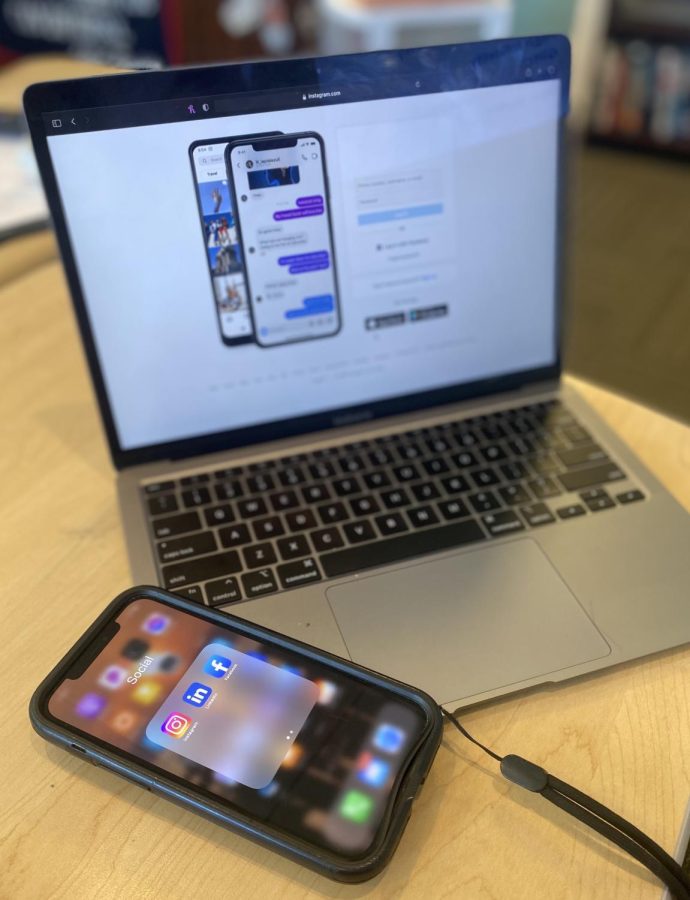

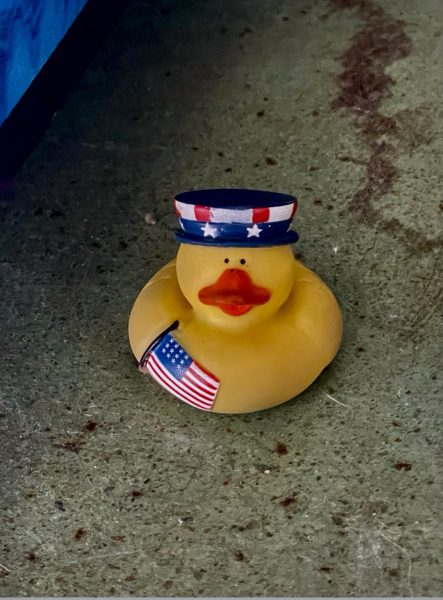
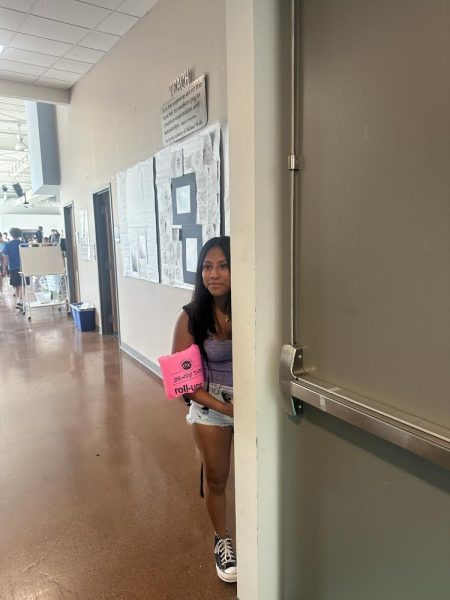
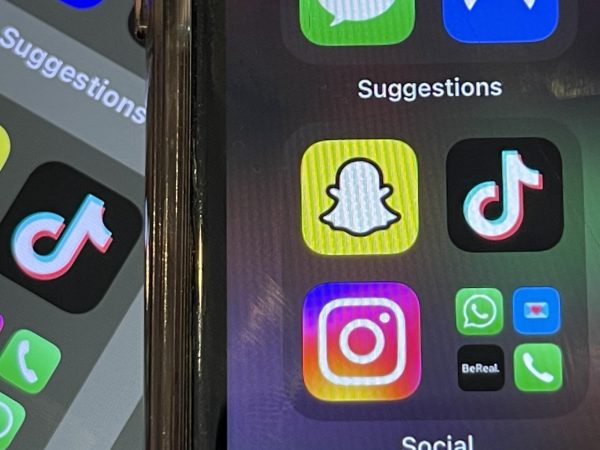
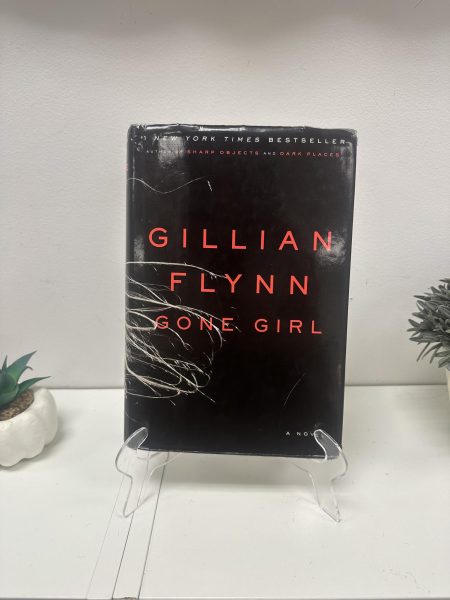
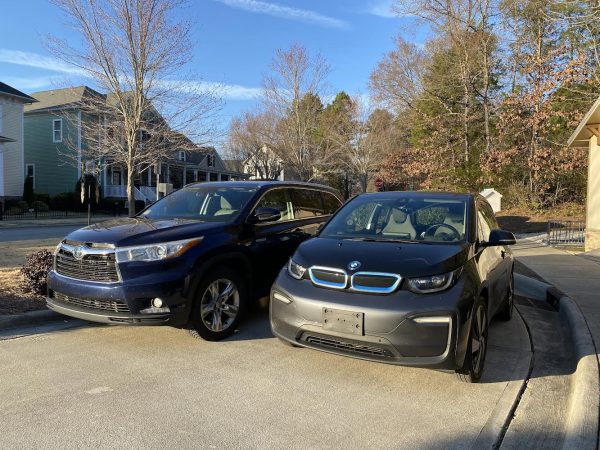
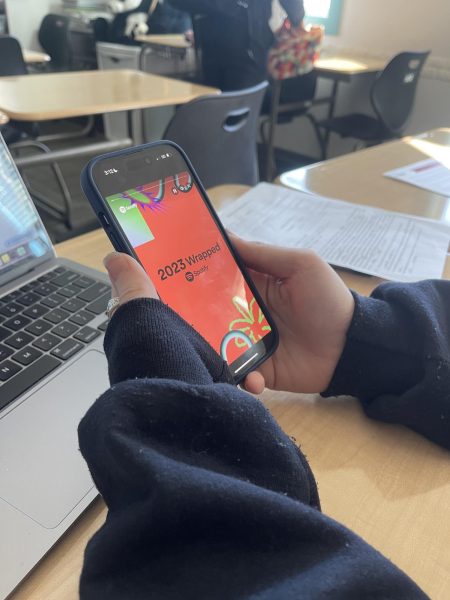
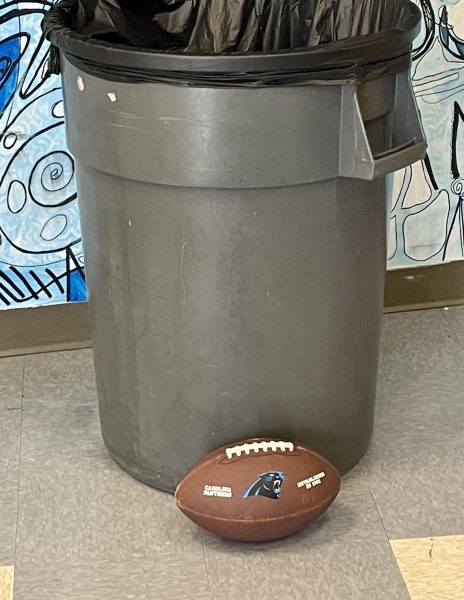
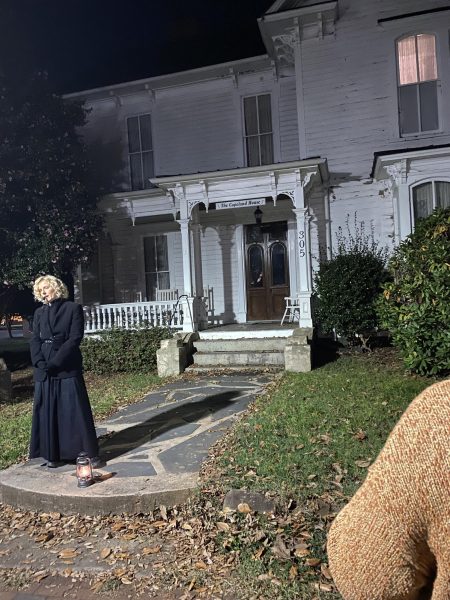
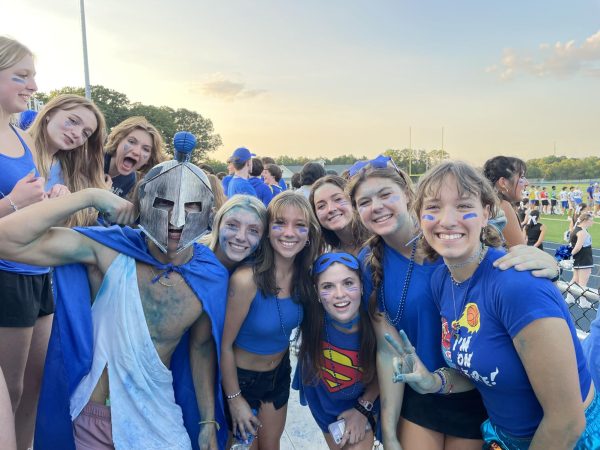

Nicole Washburn • Nov 14, 2022 at 9:46 am
Bravo! Taking a break from social media is super healthy. Thank you for bringing this to light, the good and the bad if social media. Excellent work.